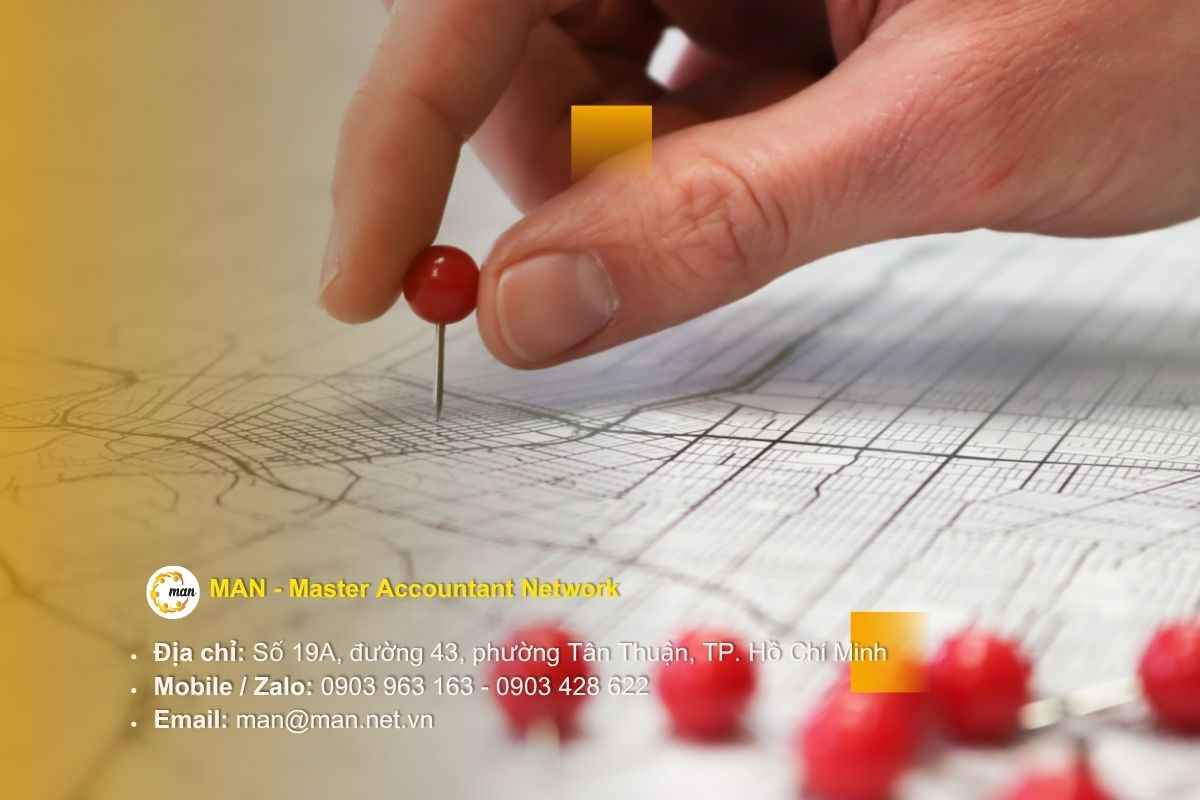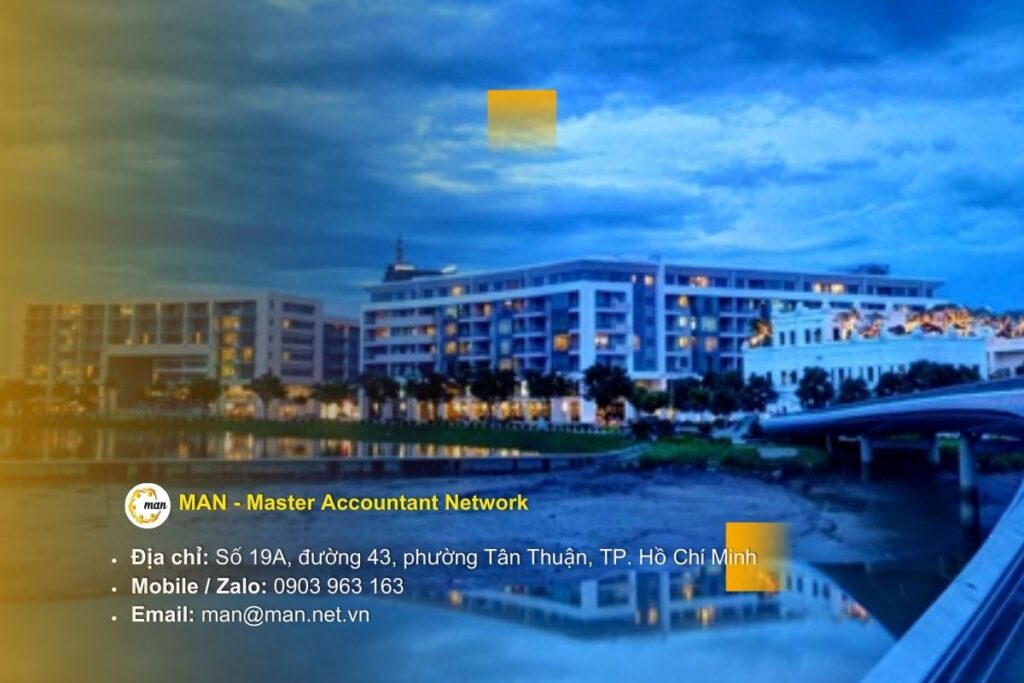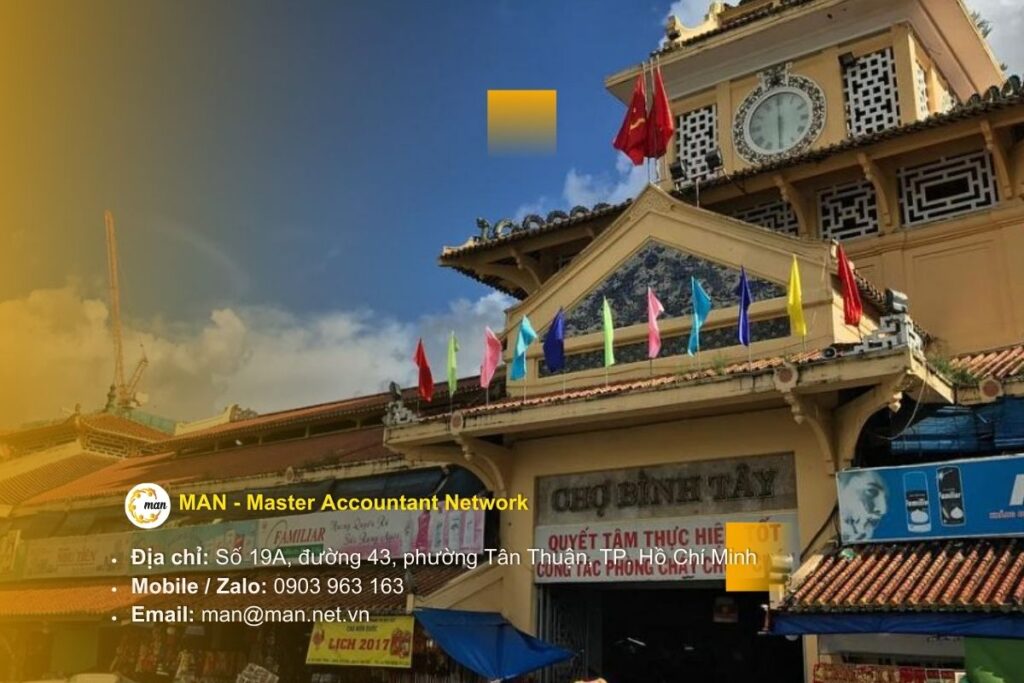Many businesses make mistakes or make false declarations when identifying themselves as businesses with simple functions, leading to risks in the declaration and filing process. According to the regulations at Decree 132/2020/ND-CPOnly enterprises with simple production and business activities, do not own intangible assets, do not bear large risks and achieve a minimum profit margin are exempted from filing. affiliate transactionsUnderstanding and correctly applying this concept is key to business safety compliance.
What is a simple function business?

According to Official Dispatch 579/TCT-TTR 2018, directly responding to the case of taxpayers conducting business with simple functions, the regulations apply to taxpayers operating in the fields of production, processing, and distribution with the following conditions:
- No strategic decision making function
- Low value-added transactions
- No inventory risk, market risk fluctuations
- No revenue or operating costs are incurred from exploiting valuable intangible assets of the group and no other costs are incurred (marketing, market research, etc.).
In short, businesses that conduct business with the simple function of distributors or manufacturers, processors only perform "contractual" work or resell goods without participating in the process of creating, building strategies as well as exploiting and using intangible assets.
A typical example is a business that does not engage in brand development, licensing of intellectual property or receive revenue from royalties.
Identifying features of a business with simple functions
Pursuant to Point c, Clause 2, Article 11 Decree 132/2020/ND-CP, a business with a simple function is understood as a business model that only performs one or a few basic production and business activities, has a limited scope of functions, is low-risk and does not exploit or use important intangible assets. Businesses with a simple function often play the role of processing, manufacturing or providing support services for the group, parent company or affiliate, instead of being fully autonomous in all business activities.
Key identifying features include:

Limited scope of business operations with simple functions
When considering the scope of operations, a simple functional business will have the following characteristics:
- A business only performs one step in the value chain, usually processing products, or distributing goods as directed.
- Not involved in strategy development, marketing, research and development (R&D), not product design, not responsible for strategic marketing.
Do not own or exploit intangible assets
Specifically, the characteristic of not owning intangible assets of a simple functional business enterprise is often shown through the following factors:
- Does not hold trademarks, patents, or proprietary technology.
- No costs or revenues arise from the right to use intangible assets.
- The business relies primarily on the parent company's direction, assets and brand.
Low business risk
In terms of risk, a simple functional business is often identified by the following points:
- No major risks of market, price fluctuations or changes in consumer tastes.
- The main risks, if any, are usually limited to the costs of production, operations or order fulfillment.
Financial structure and specific profits
In terms of financial structure and profit, simple functional businesses often have the following outstanding characteristics:
- Net profit margin before deducting interest expenses and corporate income tax as prescribed by law. Specifically, distributing 51 TP3T or more; producing 101 TP3T or more and processing 151 TP3T or more.
- There is no large fluctuation in profit margins like in fully autonomous enterprises.
Depends on the affiliate
In terms of linkages, the level of dependence of a simple functional business enterprise is often shown through the following characteristics:
- Enterprises are often under direct control of the parent company or affiliate in terms of input (raw materials, technology) and output (customers, selling prices).
- High level of dependence, almost no right to decide long-term business strategy.
It can be seen that a business with a simple function plays the role of a “satellite” in the supply chain, only performs limited functions, has low risks, stable profits and rarely incurs the obligation to prepare related-party transaction records if it meets the conditions. However, this characteristic also means that the business is unlikely to be able to expand or create independent added value without changing its operating model.
Criteria for determining a business with simple functions
Enterprises operating with simple functions are one of the conditions for determining whether an enterprise is exempt from preparing a dossier for determining related party transaction prices according to Decree 132/2020/ND-CP. Below is a summary table of the criteria prescribed by Decree 132/2020/ND-CP and tax inspection and examination practices often rely on these criteria when determining whether an enterprise is operating with simple functions.

BoardCriteria for determining a business with simple functions
| Criteria | Explain | Base |
| Revenue and expenses mainly come from pure processing, production and distribution activities. | An enterprise is considered to be a simple-function business when the majority of its business activities (and correspondingly the majority of its revenue and expenses) arise from “purely functional” activities such as processing, assembling, authorized distribution, providing operational or support services without engaging deeply in strategic value creation stages (research and development, design, strategic marketing, market pricing, etc.). The Decree requires a clear classification of each activity to determine whether it falls under the category of “simple functions” or not. | Separate revenue and expenses by contract code to determine % net revenue from processing or distribution activities compared to total revenue. Check contracts (purchase orders, processing or commission contracts), instructions from affiliates to demonstrate simple function performance. |
| No competitive advantage arises or no ownership or exploitation of intangible assets. | A business enterprise with a simple function that does not create or exploit value from intangible assets (trademarks, patents, proprietary technology, strong brands) has no costs or revenues directly related to the licensing of intangible assets (e.g., royalties, technology commercialization fees). If there are signs of ownership or exploitation of intangible assets, the enterprise is usually considered to have a more complex function and is not exempt. | Copyright transfer or license agreement, invoice or royalty fee Patents, intellectual property, proprietary technology,… Revenue depends largely on branding If the above factors are present, the business is not considered to be a simple business. |
| Net profit margin | Decree 132/2020/ND-CP stipulates that enterprises operating with simple functions that want to be exempted from preparing a dossier to determine the price of related-party transactions must achieve a net profit margin (calculated on net revenue, excluding interest expenses and corporate income tax) minimum according to each type of industry function. If this ratio is not applied or not achieved, the enterprise must prepare a dossier to determine the price of related-party transactions. | Rate according to Decree: Distribution from 5% and above Production from 10% or more Processing from 15% and up For example: Enterprise A processes 01 batch of shoes and sandals according to the order of Company B (parent company) with net revenue of 100 million and net profit before interest of 15 million. At that time, the ratio reaches 15% according to regulations. Determine A to operate with simple functions. |
Thus, to be recognized as a simple functional business enterprise, an enterprise needs to simultaneously satisfy all three groups of criteria:
- The scope of business activities is mainly "purely functional"
- Do not own or exploit intangible assets
- Maintain the minimum profit margin as prescribed in Decree 132/2020/ND-CP.
Fully meeting these conditions not only helps businesses be transparent in declaring related-party transactions but also opens up important benefits such as being exempted from preparing a Transfer Pricing Document, reducing compliance burden and limiting tax risks during inspection and examination.
Legal basis
Decree 132/2020/ND-CP provides a legal framework for tax management for enterprises with related-party transactions, clearly regulating cases where taxpayers conduct business with simple functions. Accordingly, the Decree allows exemption from preparing a dossier to determine the price of related-party transactions for enterprises that simultaneously satisfy the following conditions:
- Total annual revenue under 200 billion (not including revenue from exploitation and use of intangible assets)
- No inventory risk, no costs (such as marketing, market research and development, etc.), no participation in strategic decisions.
- Minimum net profit margin (excluding interest expenses and corporate income tax) by sector, specifically: distribution from 5% or more, production from 10% or more and processing from 15% or more
This provision is intended to reduce the compliance burden for enterprises with a “purely functional” role, i.e., mainly performing processing, distribution or support services under the direction of related parties, not creating or exploiting intangible assets and bearing little commercial risk. If an enterprise meets the above conditions, the tax authority will not require the preparation of a complete Transfer Pricing Document.
However, if a business claims to be doing simple business but does not reach the prescribed profit margin or has evidence of owning or creating intangible assets, the tax authority has the right to request the preparation of records or make adjustments and determinations according to the principle of independent transactions. Therefore, keeping internal records, analyzing functions, and profit figures for each activity is mandatory even if exempted from preparing records.
Conclude
It can be seen that enterprises correctly identifying themselves as belonging to a simple functional business group not only helps reduce the pressure of preparing related-party transaction records but also creates conditions for enterprises to focus on core activities. However, to maintain this benefit, enterprises need to strictly manage profit margins, be transparent in classifying functions and fully store documents. Careful preparation will be a "shield" to protect enterprises from legal risks and unnecessary costs.
If your business wants to review the conditions or needs support in building a simple functional business identification profile, please contact us immediately. MAN – Master Accountant Network for timely advice, ensuring compliance and optimizing tax obligations safely
Contact information MAN – Master Accountant Network
- Address: 19A, Street 43, Tan Thuan Ward, Ho Chi Minh City.
- Mobile/ Zalo: +84 (0) 903 428 622 (Ms. Ngan)
- E-mail: nguyenthikimngan@man.net.vn
Editorial Board: MAN – Master Accountant Network




